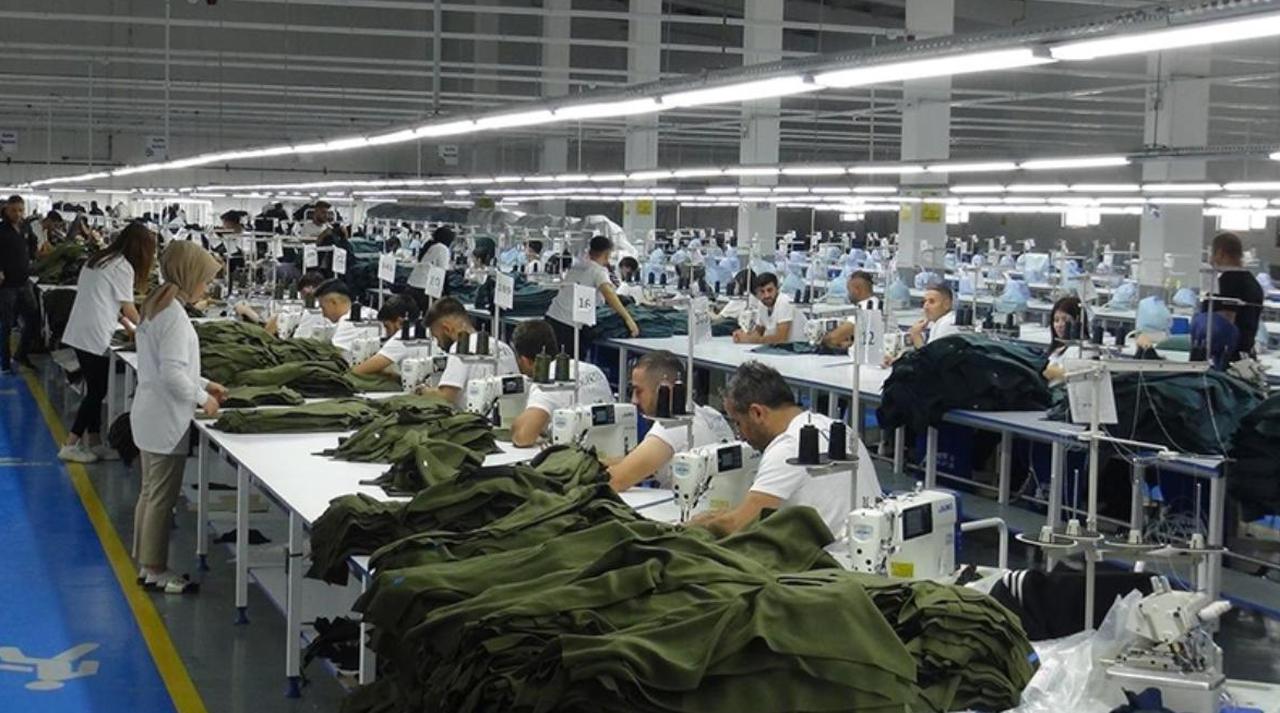
Türkiye’s textile and apparel sector faces a looming crisis as domestic production declines and manufacturers relocate abroad—particularly to Egypt—Abdullah Kigili, chairman of the renowned menswear brand Kigili, cautioned.
Speaking at a retail industry event in Istanbul on Tuesday, Kigili described the situation as "a major disaster waiting to happen," citing mounting domestic factory closures amid soaring costs and high borrowing rates, and arguing that the government’s lack of policy support has left the industry to its own fate.
"The government has abandoned the ready-to-wear and textile sectors," Kigili said. "We are heading toward a point where we will struggle to find producers. In six months, we won’t be able to find products."
Founded in 1938, Kigili designs and sells men’s clothing and operates 40 stores across several countries.
Kigili stressed that the entire retail ecosystem depends on the continuity of domestic manufacturing, warning that the industry could face widespread shortages unless action is taken.
"Factories are shutting down across Anatolia. Production is moving to Egypt. If manufacturing stops, how will we replenish goods?" he asked, urging closer coordination among industry players to prevent what he called an impending breakdown in supply. He added that retail and shopping mall networks—which fueled sector growth in past decades—cannot sustain themselves if production collapses.
"The biggest disaster awaiting us is that production will stop, and then there will be no goods to sell," he said.

Türkiye’s textile and apparel sector has been in turmoil in recent years, emerging as one of the industries most heavily affected by the challenges of the ongoing economic program. In 2024, the two sectors together lost around 65,000 jobs, pushing total employment below 1 million for the first time since 2020, during the COVID-19 pandemic.
Between January and July this year, a further 56,564 jobs were lost, reducing total employment to about 902,000. Meanwhile, 156 textile and apparel companies filed for concordatum (court-approved debt restructuring) during the same period, with most halting production.
In the January–August 2025 period, Türkiye’s textile and apparel exports fell by 4.4% year-on-year, declining from $18 billion to $17.2 billion.
Kigili called on textile and retail stakeholders to come together to address rising costs, labor challenges, and the exodus of producers abroad. "We must meet frequently and act together," he said, noting that if manufacturers continue to leave Türkiye, retailers will soon be unable to maintain supply chains.

Vahap Kucuk, who leads LC Waikiki—Türkiye’s largest clothing retailer—and is the brother of Mustafa Kucuk, listed among Forbes billionaires, said the company now operates 1,300 stores across 59 countries and employs 55,000 people. He credited the country’s shopping malls with fueling the expansion of modern retail and helping Turkish brands grow internationally.
"Retail grew with shopping malls," Kucuk said. "Without them, we couldn’t have expanded from the streets to global markets. Malls and retail are inseparable."
While noting that LC Waikiki continues to perform well, Kucuk emphasized that many others in the sector face tough conditions.
"We are going through a difficult period. You cannot reduce inflation or interest rates, but you can focus on how to improve your operations and manage costs better," he said.